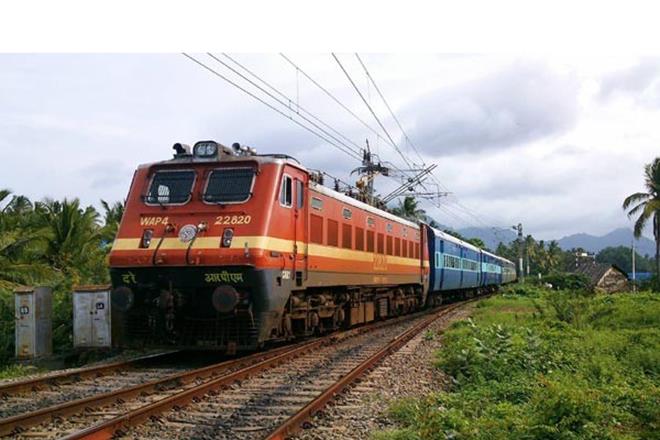Decentralization is the talk of the town in policy circles since the Modi government took power. Be it devolution of 42 percent of the central taxes to states by the fifteenth finance commission from the previous 32, or the states getting an upper hand in the GST committee, this government has transferred more power and responsibility to the regional levels of administration. The critics of this government keep comparing the leadership style of Narendra Modi to former Prime Minister Indira Gandhi. But in their hasty generalization, they forget the very central fact that Indira Gandhi led an unprecedented centralization of power where the popularly elected governments of the states were sacked just because they were not following the central government’s diktat. On the other hand, Modi government’s main focus has been on cooperative federalism and delegation of power to lower levels of administration.
The Railway Ministry in October this year decided to delegate more power to the divisional railway managers (DRMs). As of now, DRMs do not require the approval of their bosses, the GMs, to issue certain types of contracts, for ex-gratia payments, to impanel private hospitals for the use of railway employees and to develop software and apps for local use. Earlier, they had to transfer the relevant files to railways board or general managers and wait for their approval. The highest decision-making body of railways is the Railway Board which is a seven-member apex organization headed by the Chairman and reports directly to the Railway Minister. After that comes the general managers (GMs) who head the zones of the railways and its other operations like rail wheel factory, locomotive factories etc. There are 17 zones 68 divisions and 27 general managers as of now.
The call to delegate powers was suggested by the ‘Transformation cell’ which was created by the then Railway Minister Suresh Prabhu to undertake structural reforms in railways. Vivek Kumar, the divisional railway manager of Ferozepur division said, “Earlier, only the board could authorize sanctioning of a new app or software. Now, it can be done at a division. We recently developed an employee grievances solution dashboard for our division. Employees can now track their complaints online.” The Ferozepur division alone has 186 unmanned level crossings now, down from 278 on 1 April 2017. Piyush Goyal commented on the benefits of the delegation of “Service contracts for cleaning of stations, for example, have been fast-tracked because DRMs are now empowered to award cleaning contracts on quotation basis for up to three months. Stations will no longer remain dirty because of gender-related issues.”
The decision of decentralization has its share of critics like former Railway Minister Dinesh Trivedi who said “Of course it will (lead to corruption), favoritism will be the order of the day. Such a delegation of power will make the system non-transparent, as there will be no checks and balances. Such moves will make the CVC (Central Vigilance Commission) redundant.” However, the executives are happy with cutting down the unnecessary bureaucracy. Sudheer Kumar, principal executive director of the Transformation Cell, said that if an issue is settled at the DRM’s level, the file would require three signatures. Earlier, the same file needed at least nine signatures, three at the level of the GM and three at the board level. There is substantial evidence of decision making getting faster because the employees are getting their medical reimbursements faster, the apps are being developed as per the local requirement, and therefore, the center should continue with the decentralization of power.
